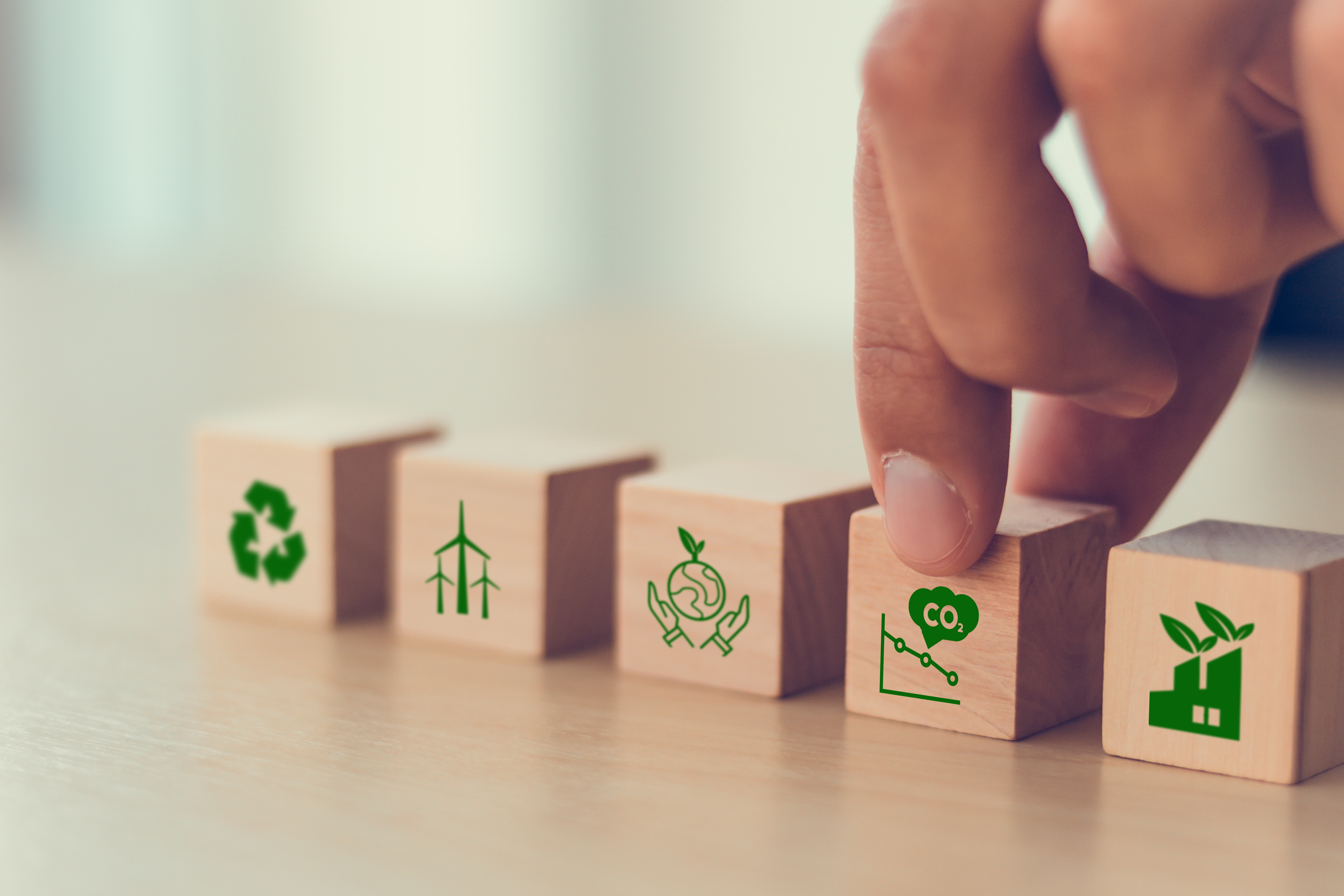Environmental policy10.05.2022
7 Basic principles of the new environmental code of the Republic of Kazakhstan

1. The first principle is the polluter pays and corrects
It implies pollution prevention and control measures, but also responsibility for recovery from environmental damage. Thus, the state should create such conditions under which it is more profitable for nature users to take measures to prevent negative impacts on the environment than to pay environmental fines. In a word, the mechanism of 'prevention', In addition, the polluter who has caused
2. The second principle is new approaches to environmental impact assessment
According to the current Environmental Code, the requirement to pass the environmental impact assessment procedure (EIA) applies to almost all, that is,19 thousand enterprises. Such an approach is ineffective and impractical. Therefore, the new Environmental Code proposes to apply this requirement only to 2.6 thousand enterprises of the "first category", which account for 80% of emissions. At the same time, the public participates in all stages of the EIA.
3. The third principle is the introduction of the best available technologies (BAT) and economic incentives
To maximize the environmental situation, it is necessary to implement the best available technologies. For this purpose, industrial enterprises undergo a technological audit. They are offered technologies that will reduce emissions. Enterprises that have implemented BAT will be exempt from emission fees. If they do not switch to BAT, their emission fee rates will increase.
4. The fourth principle is to direct the payment for emissions to environmental measures the seventh principle is to improve the management of production and consumption waste.
At present, the current legislation does not require spending on environmental protection measures of funds received from payments for emissions into the environment. Therefore, local executive bodies allocate from 0 to 400% for environmental protection, on average 45% only. The current situation with environmental payments and their spending has been repeatedly criticized by international experts. In this regard, the draft accompanying law provides for mandatory financing of environmental protection measures at the expense of incoming environmental payments in the amount of 100%.
5. The fifth principle is the creation of an automated emission monitoring system.
In order to obtain timely and reliable information on the qualitative and quantitative composition of emissions and discharges, the draft Environmental Code provides for mandatory automation of industrial environmental monitoring with data transmission to the authorized body.
6. The sixth principle is to strengthen environmental control
The draft accompanying law proposes to amend the Entrepreneurial Code in terms of conducting inspections on facts directly affecting the living conditions of the population. These changes are aimed at rapid response to the facts of negative impact on the environment. The responsibility for environmental offenses is strengthened by increasing administrative fines by 10 times.
7. The seventh principle is to improve the management of production and consumption waste
The draft of the new Environmental Code focuses on the implementation of the principles of circular economy used in the OECD countries. Within the framework of this project, a waste hierarchy is envisaged, which is aimed at step-by-step waste management, that is, a sequence of measures aimed at preventing the formation, reuse, recycling, and disposal of waste. In order to reduce the number of unauthorized landfills, licensing of the activities of enterprises engaged in the processing and disposal of waste, and a notification procedure for garbage collection organizations will be introduced.
First sodium-ion battery storage station at grid level opens with cells that can be charged in 12 minutes
EU fossil generation below 25% for the first month ever
Progress on world’s first artificial energy island revealed
Scientists make electricity from air moisture using bacterial nanowires
EU keen to deepen renewable energy cooperation with Kazakhstan - ambassador
Drilling into magma: Risky plan takes geothermal to supercritical extremes
Record renewables propel the world towards a new era of falling fossil generation
Advanced 'high-density waterless hydro' energy plant gets green light
Eurostar aims to have all their trains powered by renewable energy by 2030
‘World’s first’ wooden wind turbine blades installed in Germany
Natron to kick off mass-production of long-life sodium-ion batteries
Tajikistan intends to fully switch to renewable energy sources by 2032 - deputy PM
Floating solar can power Africa’s energy goals, study finds
South Korean сompanies to modernize Kazakhstan's power plants, and GRES Topar
Decarbonization and sustainable development to take center stage at the 11th Annual Downstream Central Asia & Caspian Conference
Renewable electricity share in Turkey nears 50%
Sinn Power plans groundbreaking floating photovoltaic system in Bavaria
Swiss researchers boost efficiency of vertical axis wind turbines
Rapid expansion of batteries will be crucial to meet climate and energy security goals set at COP28
Georgia acquires first floating solar power plant












